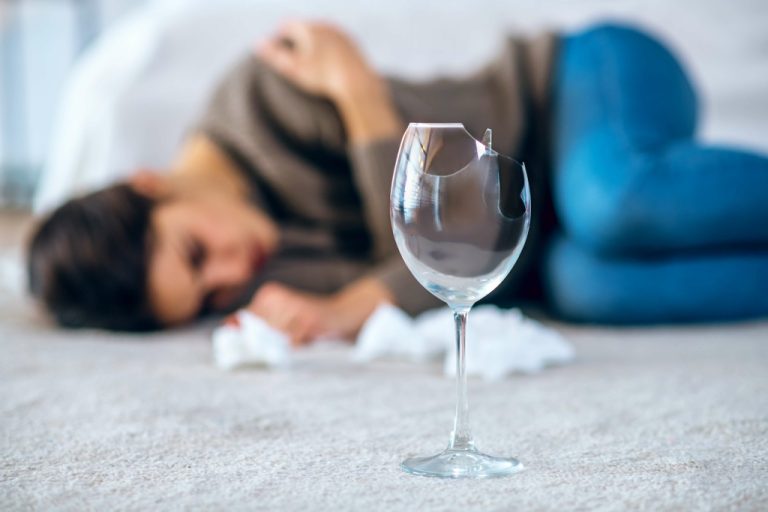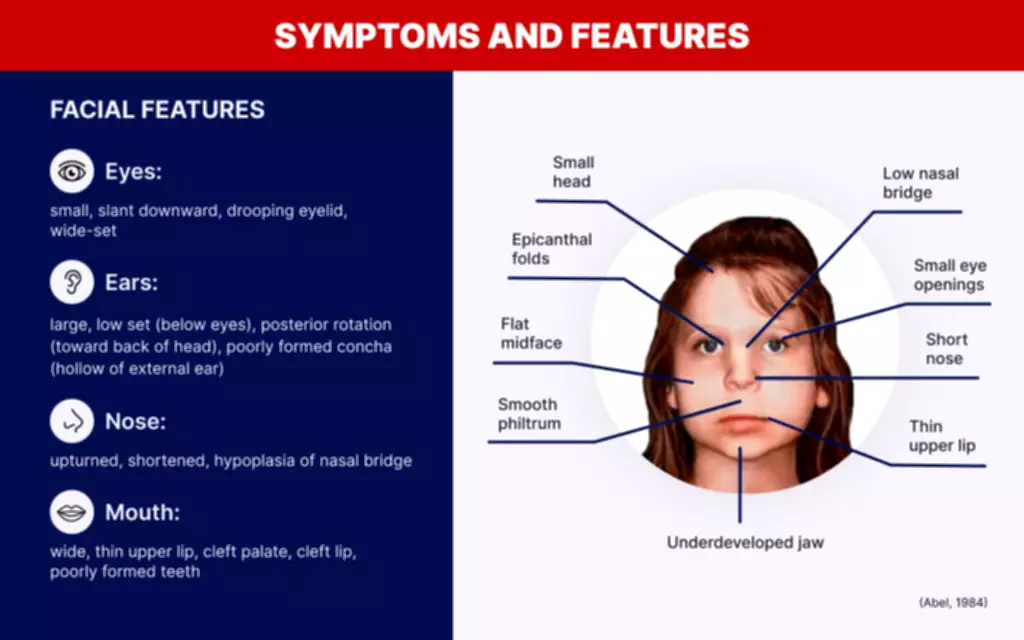Tommy Lee health: Mötley Crüe star on his ‘out of control’ addiction dangers
“I didn’t notice it until towards the end of it, when I was like, ‘Oh dude, I’ve got to stop. This is fucking insane,'” he continues. I would just wake up and be just building [a glass with] just all vodka and just a little eyedropper of cranberry or lemonade. I was drinking two gallons — not pints, not hallucinogen drug use: effects addiction & dangers quarts, but gallons, the big-handles — a day. That’s f–king crazy,” he said in the video interview from his basement studio. Lee left Mötley Crüe in 1999 and reunited with the band in 2004. Despite the distance from performing with the band in the last few decades, his substance abuse didn’t stop.
Tommy Lee goes ‘nuclear’ after his son Brandon calls him an alcoholic, report says
I bailed for, like, over a month and just was like, that’s it. It’s always just sort of– this particular instance, I had been home. Idle time at home, not touring, just being at home, I did what I told you. The powerful chemical can have a wide range of “adverse effects” on almost every part of the body including the brain, liver and heart.
Harriette Cole: They say my child’s looks are reason to suspect my wife
Nowadays, the rocker is preparing to release another solo album. Titled Andro, Lee said that the record — set to drop Oct. 16 — is “pretty wild.” And in the meantime, he’s staying sober, at least for now. To their credit, Motley Crüe has not shied away from the darker aspects of their time as rockstars, nor the addiction that plagued their careers.
Tommy Lee: Really “Two Gallons of Vodka a Day”?
- Lee also vowed to press charges against his son and to get a restraining order against him, TMZ said.
- User comments or postings do not reflect the viewpoint of BLABBERMOUTH.NET and BLABBERMOUTH.NET does not endorse, or guarantee the accuracy of, any user comment.
- She is passionate about body diversity and representation, mental health, and the fight to end sexual assault and harassment.
- But it’s possible for everyone, including Lee, who is now sober.
- In October 2023, former Mötley Crüe drummer Tommy Lee did a podcast interview, sharing that he’d just achieved 1 year of sobriety.
“I will never talk to Tommy again before he is sober and in his right mind,” the 50-year-old continued, adding that her son has asked that she remain in France until the situation is resolved. “Two gallons a day. I swear to you, dude. I swear to God,” he said. “Gallons. The big handle. Two.” And her concern obviously helped in my decision to just go, get out of here.
See Tommy Lee in the hilarious, star-studded trailer for The Muppets Mayhem
Anderson, meanwhile, insists his drinking is a serious problem. His actions are desperate and humiliating — he is a disaster spinning out of control. Pamela Anderson has spoken out against her ex-husband Tommy Lee following the physical altercation that took place between him and their 21-year-old son Brandon on Monday night. “…I just realised, ‘Whoa dude, you’re drinking enough to like, you could probably die.’ And it wasn’t even fazing me… I just became sort of immune to it.” Tommy Lee can’t believe his doctor recently gave him a clean bill of health, given what he’s put his body through in his 61 years.
The “lethal dose” of alcohol for a 132-pound adult is around one liter in spirits, according to Alcohol.org.nz. Two gallons is equivalent to a little more than 7.5 liters. According to Lee, he managed to avoid any serious health problems despite his excessive alcohol use over a long period. He’s not sure this will be a decision that will last forever, he told Yahoo. “I met someone who I can trust because I didn’t trust anybody that I’ve dated before. I’d say Tommy is my first true love and I’m finally safe and happy,” Furlan said. Furlan, who is Lee’s fourth wife, was a viral star on Vine and now has over 2 million Instagram followers.
When celebrities share their experiences with substance abuse and mental health issues, they help decrease the stigma around these topics. People who look up to Lee might feel inspired to reflect on their drinking and consider getting help. Following a recent stint in rehab and an almost year-long period of sobriety, Tommy Lee has opened up about the seriousness of his alcohol addiction at its height, admitting that he was consuming up to two fentanyl addiction treatment and rehab center in colorado gallons of vodka a day. “I just did the full body scan, where they do head-to-toe everything, and I can’t believe ― smoking, drinking, all the fucking dumb shit, or the fun shit that I’ve done,” the “Dr. This isn’t the first time Lee has made the audacious claim about his prodigious vodka intake. The musician said he checked into a rehab facility and has now been sober for one year, but still approaches sobriety as a day-by-day process.
HuffPost believes news should be accessible to everyone, regardless of their ability to pay for it. Any contribution you can make — even as little as $2 — goes directly toward supporting the impactful journalism that we will continue to produce rock recovery we believe that freedom is possible this year. Our journalists will continue to cover the twists and turns during this historic presidential election. With your help, we’ll bring you hard-hitting investigations, well-researched analysis and timely takes you can’t find elsewhere.
Lee said that he knew how lucky he was to be so healthy after all of the drinking he’s done. “I must have a horse shoe stuck in my butt. I’m really lucky. I’m grateful,” he said. “I was doing some pretty serious damage that probably would’ve hurt anybody else pretty badly.”…

